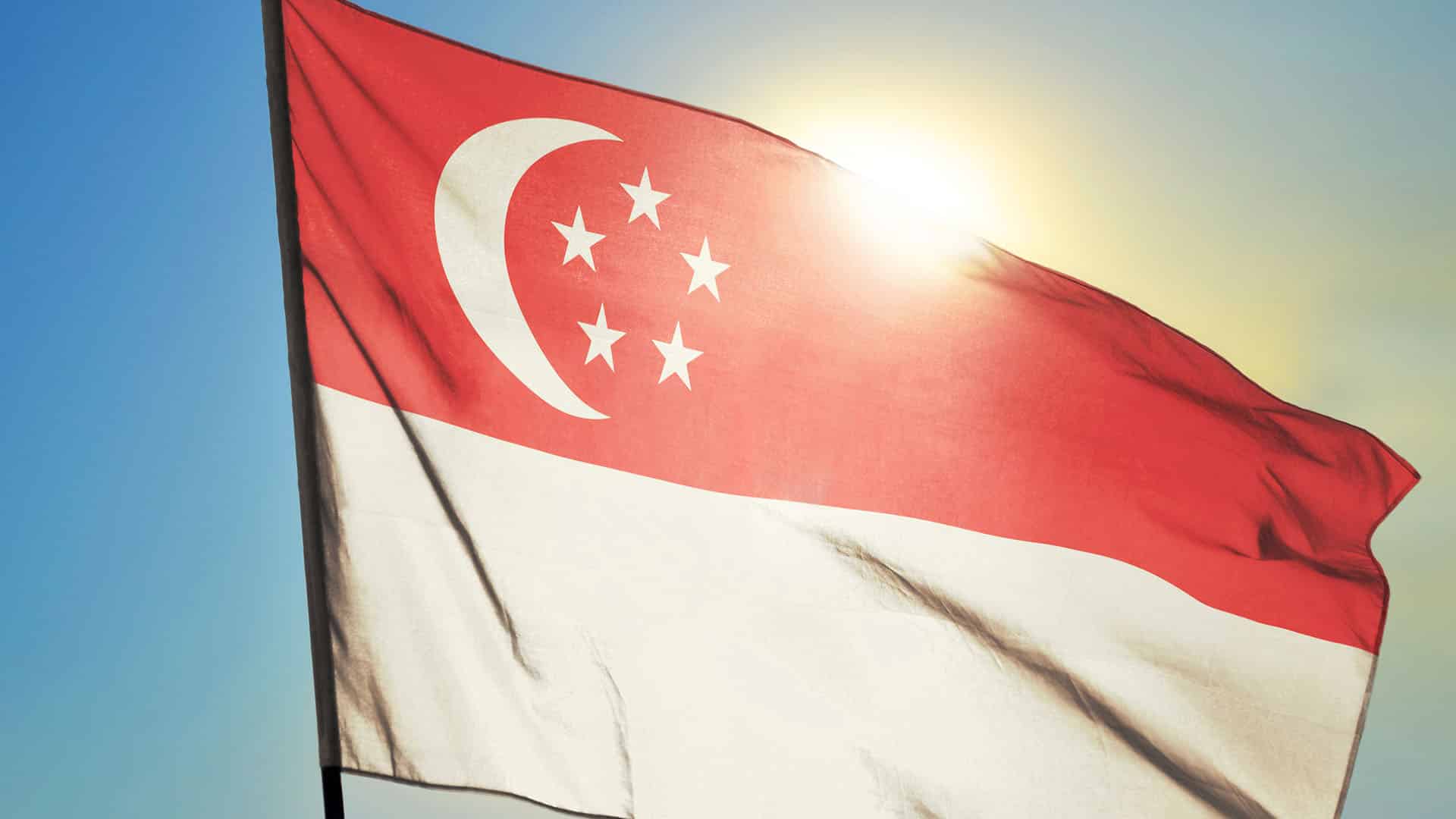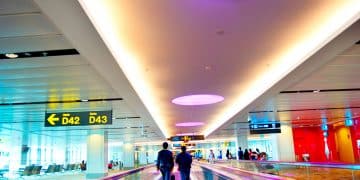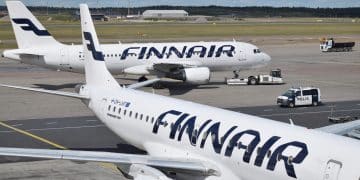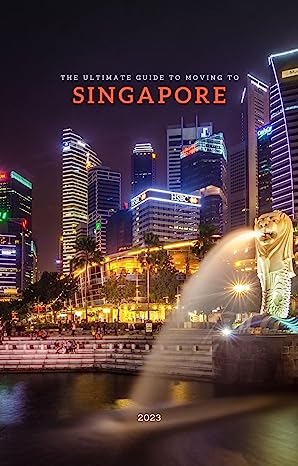Is Singapore a Country or Part of a Country? A Journey into the Lion City’s Sovereign Status
Are you curious about Singapore, the bustling city-state located at the southern tip of the Malay Peninsula? Perhaps you’re wondering, “Is Singapore a country or part of a country?” This is a common question asked by many.
Singapore is a sovereign city-state and island country in Southeast Asia.
In this article, we will take a closer look at the political status of Singapore, its geography, and its unique standing in the world as a city-state. We will explore what makes Singapore a country in its own right, despite its small size, and why it is not part of another nation. We’ll dive into the history of this question and unravel the complexities of this fascinating global city.
A Detailed Explanation of Singapore’s Sovereign Status
What exactly is a city-state, and how does it differ from the conventional idea of a country? Understanding this is crucial in answering the question, “Is Singapore a country or part of a country?”
A city-state is a sovereign state that consists of a city and its dependent territories. Historically, city-states were common in the ancient world, with examples such as Athens and Sparta in Greece. In the modern context, there are very few city-states left, with Monaco, Vatican City, and Singapore being the most prominent.
Singapore fits this description perfectly. It is a fully independent city that governs itself, with its own constitution, its own army, and a fully functional government. It is not subject to the authority of any other country. Singapore’s independence was declared on August 9, 1965, and it has since developed into one of the world’s most prosperous countries.
Now, let’s address the location of Singapore. Singapore is located at the southernmost tip of the Malay Peninsula in Southeast Asia. It is separated from Malaysia by the Johor Strait and from Indonesia’s Riau Islands by the Singapore Strait. Despite its proximity to these countries, it is not a part of them.
In terms of land area, Singapore is small – spanning only about 725.7 square kilometers. However, it’s important to note that the size of a country does not determine its sovereignty. Countries like the Vatican City and Monaco are much smaller than Singapore but are recognized as independent nations.
Here’s everything else you need to know about why Singapore is considered a country and not part of another nation.
Singapore’s History and Path to Independence
Understanding Singapore’s history will shed light on why it is an independent nation today. The city-state was once part of the British Empire. In 1963, it joined the Federation of Malaysia, a newly formed entity that united several former British territories in the region. However, racial and political tensions led to Singapore’s expulsion from the federation in 1965. As a result, Singapore became an independent republic, recognized as such by the United Nations and countries worldwide.
International Recognition of Singapore’s Sovereignty
The international community’s recognition of Singapore’s sovereignty is crucial. It is a member of several international organizations, such as the United Nations, the World Bank, and the International Monetary Fund. It also engages in diplomatic relations with other countries, and it has embassies and consulates in many nations. This level of engagement in international affairs is typical of sovereign states, not regions or cities within a country.
Singapore’s Constitution and Government
The existence of a Constitution and Government distinct from other nations is another clear sign of Singapore’s sovereignty. The country has its own constitution that sets out the rules and regulations by which it is governed. This constitution establishes the Republic of Singapore, defines the rights and responsibilities of its citizens, and outlines the powers and duties of the government.
Additionally, Singapore has its own government, complete with executive, legislative, and judicial branches. The government is responsible for making and enforcing laws, as well as running the day-to-day affairs of the nation. The government is also responsible for Singapore’s defense and has a military known as the Singapore Armed Forces.
Singapore’s Economy and Currency
A detailed exploration of Singapore’s status would be incomplete without discussing its economy and currency. Singapore boasts one of the most advanced and prosperous economies in the world. Its strategic location at major sea lanes has made it one of the world’s busiest ports. The city-state is also a global hub for banking and finance, logistics, shipping, and technology.
Significantly, Singapore has its own currency, the Singapore dollar (SGD). Having an independent currency is one of the key hallmarks of sovereignty. It allows a country to have independent control over its monetary policy, which is vital for managing its economic affairs.
International Relations and Defense
Another essential aspect of Singapore’s sovereignty is its independent foreign policy and defense capabilities. Singapore maintains diplomatic relations with countries around the world, having its own foreign policy separate from any other nation. The city-state is known for its neutrality and its commitment to peace, stability, and cooperation in international relations.
Singapore also has a competent defense force, the Singapore Armed Forces (SAF), which includes the army, navy, and air force. The existence of a national military is another crucial characteristic of a sovereign state. The SAF is tasked with defending the nation’s sovereignty and territorial integrity.
National Identity and Culture
Last but not least, the distinctive national identity and culture of Singapore underscore its status as an independent nation. Despite its small size, Singapore is culturally diverse, with a mix of Malay, Chinese, Indian, and Eurasian communities. The country has four official languages—English, Malay, Mandarin, and Tamil, reflecting its multicultural identity.
Singapore also has a unique cultural scene that blends different traditions. It celebrates various festivals throughout the year, including Chinese New Year, Hari Raya Puasa, Deepavali, and Christmas. The local food culture, which is a fusion of Malay, Chinese, Indian, and Western influences, is also a significant part of Singaporean identity.
Is Singapore a Country or Part of a Country? – Final Thoughts
In exploring the question, “Is Singapore a country or part of a country?”, we’ve embarked on an in-depth journey, uncovering the multifaceted aspects of what constitutes a sovereign nation. Singapore’s status as a fully independent city-state becomes clear when we examine the nation’s established government, independent judiciary, robust economy, independent foreign policy, national defense, and unique culture.
You’ve seen that Singapore, despite its small geographical size, punches well above its weight on the global stage. This vibrant city-state embodies the characteristics of a sovereign nation, confidently asserting its identity and position in the world.
There’s much to admire about this powerhouse city-state. From its thriving economy to its multicultural society, Singapore is a testament to the fact that size doesn’t necessarily determine a country’s influence or success. So, whether you’re planning a visit or just satisfying your curiosity, remember that Singapore is not just a country; it’s a dynamic, independent city-state with a lot to offer.
But we understand that there may be other questions or misunderstandings around Singapore, and we’ve collected some of the most commonly asked questions for you.
Is Singapore a Country or Part of a Country? – FAQ’s
Q: Is Singapore a part of China?
A: No, Singapore is not a part of China. It’s an independent city-state located in Southeast Asia.
Q: How did Singapore become independent?
A: Singapore became independent when it was expelled from Malaysia on 9th August 1965, and it’s since developed into one of the world’s most prosperous nations.
Q: Is Singapore a city or a country?
A: Singapore is both a city and a country, often referred to as a city-state.
Q: Why is Singapore so rich?
A: Singapore’s wealth is due to its strategic location, corruption-free government, skilled workforce, and business-friendly policies.
Q: What language is spoken in Singapore?
A: Singapore has four official languages: English, Mandarin, Malay, and Tamil. English is the language of administration and is commonly spoken.
Q: What is the capital of Singapore?
A: Singapore is a city-state, so the city of Singapore is its own capital.
Q: Is Singapore part of ASEAN?
A: Yes, Singapore is a founding member of ASEAN (Association of Southeast Asian Nations).
With this guide and the frequently asked questions section, we hope to have cleared up any confusion about Singapore’s status as a country. As a unique city-state, it holds a distinct place on the global stage and continues to play a crucial role in international affairs.




